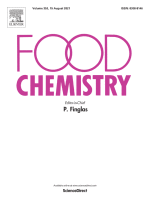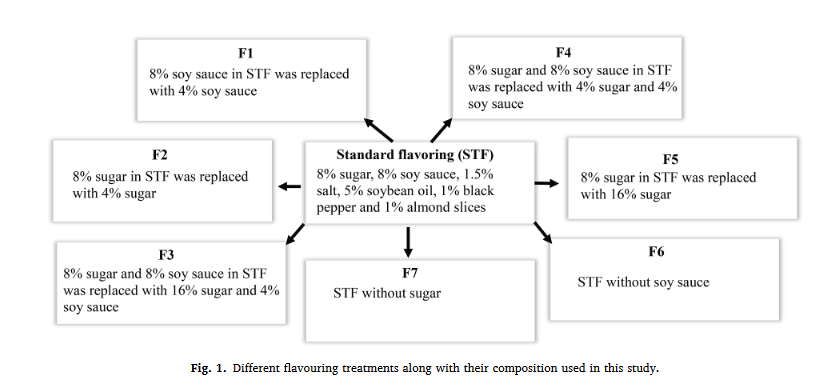Featured Scientist

Author published in"Food Chemistry"affiliate to
Bing-Huei Chen
Department of Food Science,
Fu Jen Catholic University, New Taipei City, Taiwan
Article published in
"Food Chemistry" Volume 353,15 August 2021,129474
Analysis and formation of polycyclic aromatic hydrocarbons and cholesterol oxidation products in thin slices of dried pork during processing
This study aims to determine toxic compounds polycyclic aromatic hydrocarbons (PAHs) and cholesterol oxidation products (COPs) in thin slices of dried pork as affected by different flavorings and roasting temperature treatments through employing a QuEChERS method coupled with gas chromatograph–tandem mass spectrometer (GC-MS/MS) and gas chromatograph–mass spectrometer (GC-MS), respectively. By employing this method, high accuracy and precision was attained for freeze-dried pork hind leg sample. Following addition of 8 different flavorings with roasting temperature at 120, 160, and 200 °C, the levels of total COPs and PAHs in thin slices of dried pork followed a temperature-dependent increase during roasting, which was further confirmed by principle component analysis. High level of soy sauce or sugar inhibited COP formation, while the low-level minimized PAH formation in thin slices of dried pork during roasting. Sugar was more effective in inhibiting COP formation while soy sauce was more efficient in reducing PAH formation...[ Link to this article]

Keywords
Polycyclic aromatic hydrocarbons ,(PAHs)Cholesterol oxidation products (COPs),Thin slices of dried pork,QuEChERS,GC-MS,GC-MS/MS
39 views